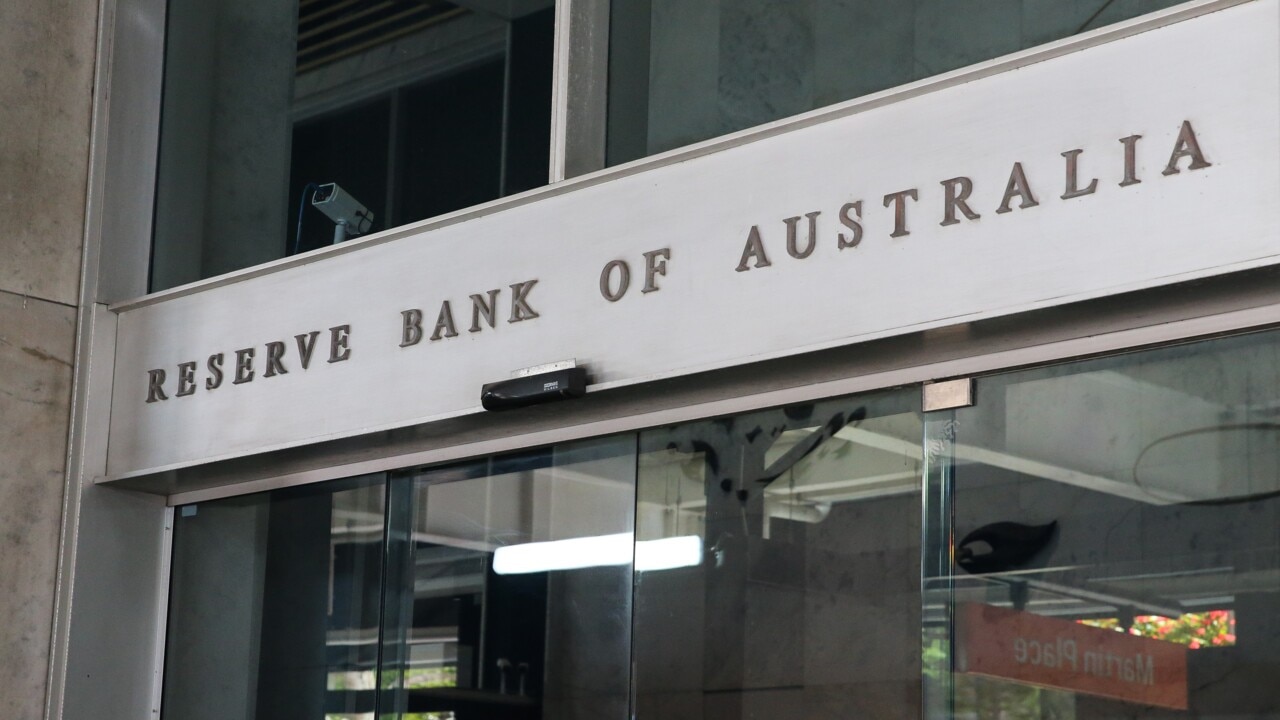Jim Chalmers backs premiers’ right to demand rate cuts
The Treasurer said he was ‘not troubled’ that the Labor leaders of Queensland, Victoria and Western Australia were pushing the independent RBA to cut rates on Tuesday.

Jim Chalmers has backed Labor premiers’ right to demand the Reserve Bank board cut rates when it meets next week, as ratings agency Moody’s says the states’ huge infrastructure spending programs are a “significant contributor” to the nation’s inflation challenge.
Peter Dutton slammed the Queensland, Victorian and West Australian leaders’ calls for immediate rates relief as “political interference”, but the Treasurer said he was “not troubled” by Thursday’s unusual intervention.
“I think it’s worth reminding people that most Australians have a view about interest rates, and premiers and treasurers at the state level are entitled to express their view about that,” Dr Chalmers said.
“I’m not troubled by that. I’d be surprised, frankly, if the Reserve Bank was troubled by that.”
Dr Chalmers, however, made it clear that such comments would not be repeated at the federal level.

“My obligations are different as the nation’s Treasurer. I cherish the Reserve Bank’s independence. I think it’s an important feature of our system and I’ve got my own job to do,” he said.
“I take responsibility for that, and what the inflation numbers showed this week is that we’re making welcome and encouraging progress, but it’s not yet mission accomplished.”
The Opposition Leader, however, said Queensland’s Steven Miles, Victoria’s Jacinta Allan, and West Australian Roger Cook should “concentrate on fixing up their own problems”.

“They’re at odds with their Labor colleagues, the Prime Minister and the Treasurer,” he said.
“The independence of the Reserve Bank is important so that there’s not political interference. Yes, I want to see them (interest rates) come down as quickly as possible, but the Reserve Bank’s going to deal with that.
“And somebody like Steven Miles or Jacinta Allan and others, frankly, they’d be better off concentrating on how they can deal with the ambulance ramping disaster and the crime, youth crime, at the moment, which is out of control in many parts of the country.”
Moody’s Investors Service senior credit officer John Manning said state spending was adding to cost pressures across the country.
“If you are looking at a high level, you would say that the infrastructure spending that all the states are undertaking at the moment is a significant contributor to the underlying inflation pressures, particularly in the construction market,” Mr Manning said.
CBA head of Australian economics Gareth Aird said the states and territories needed to respond to population pressures through capital works, but that these projects were sucking up labour and materials and leading to higher prices in home building, which is a significant part of the consumer price index tracked by the ABS.
Economists say rates would not be changed at Tuesday’s RBA board meeting, but that the board’s statement that accompanies the decision would be scrutinised for signs of a shifting mood after the sharper-than-expected slowdown in inflation through the end of 2023.

After the US Federal Reserve this week declared that rate cuts were on their way, Mr Aird said it was too early for the RBA to follow suit and that the first round of mortgage relief would come in September.
“I think they will welcome the softer inflation numbers behind closed doors, but they won’t want to declare job done. After all, they only increased rates a couple of months ago,” he said.
Westpac chief economist Luci Ellis said the surprisingly large fall in annual consumer price growth – from 5.4 per cent in September to 4.1 per cent in December – followed weak data on retail sales, jobs and economic growth.
“They (the RBA board) are going to have to change their rhetoric, but I still think they are going to maintain the rage a little,” Dr Ellis said.
“It’s entirely plausible at this point that they would still consider the case to raise rates and the case to hold them, but have a much more emphatic case to hold,” she said.
Nomura chief economist Andrew Ticehurst said RBA governor Michele Bullock in her statement after Tuesday’s meeting would likely remove the reference to the potential need for “further tightening of monetary policy … to ensure that inflation returns to target in a reasonable time frame”.







To join the conversation, please log in. Don't have an account? Register
Join the conversation, you are commenting as Logout